Silymarin for Dogs
- Silymarin (milk thistle extract) can help protect and regenerate your dog's liver cells, making it beneficial for pets with liver disease or those on medications that stress the liver.
- Studies show approximately 12% of dogs suffer from chronic liver disease, which can significantly impact their quality of life if left untreated.
- Liquid silymarin supplements often provide better absorption compared to tablets, making them particularly effective for dogs with compromised liver function.
- The proper dosage of silymarin varies based on your dog's size, with administration typically recommended with food to minimise digestive upset.
- JPS Natural Pet Supplements offers specialised liquid liver formulations with milk thistle that support natural liver regeneration in dogs of all sizes.
Your dog's liver is their body's natural filtration system, working tirelessly to remove toxins and process nutrients. When liver function becomes compromised, your furry friend's overall health can quickly deteriorate. Silymarin supplements, derived from the milk thistle plant, have emerged as a powerful natural remedy to support canine liver health.
Whether your dog is dealing with existing liver issues or you're looking for preventative care, understanding which silymarin supplements work best can make all the difference in their health journey. This comprehensive guide explores everything you need to know about these beneficial supplements, from their mechanism of action to the top products on the market.
Milk thistle
Why Your Dog Might Need Silymarin: Common Liver Problems in Dogs
Liver disease in dogs can result from various causes, including exposure to environmental toxins, side effects of medication, infections, or genetic predispositions. Unlike humans, dogs can't verbalise when they're feeling unwell, making it crucial for pet parents to recognise the early warning signs of liver distress. Silymarin supplements can provide critical support when your dog's liver is under stress, helping to both protect healthy cells and regenerate damaged ones.
As dogs age, their liver efficiency naturally decreases, making older pets particularly vulnerable to liver complications. Certain breeds also show higher susceptibility to liver issues, including West Highland White Terriers, Doberman Pinschers, Cocker Spaniels, and Labrador Retrievers. For these dogs, proactive liver support through high-quality silymarin supplements may be especially beneficial.
Signs of Liver Stress in Dogs
Recognising liver problems early can significantly improve your dog's prognosis. The challenge is that liver disease often presents subtly until it has progressed substantially. Watch for symptoms like decreased appetite, increased thirst, frequent urination, yellowing of the eyes or gums (jaundice), and digestive upset. Behavioural changes may also occur, including lethargy, confusion, or unusual aggression.
More advanced liver disease might manifest as fluid accumulation in the abdomen (ascites), weight loss despite everyday eating habits, or neurological symptoms due to hepatic encephalopathy. If you notice any of these signs, consult your vet immediately, as early intervention with appropriate supplements, such as silymarin for dogs, can help slow the progression of the disease.
How Common Is Liver Disease in Dogs?
Liver disease affects a significant portion of the canine population, with studies indicating approximately 12% of dogs suffer from chronic liver conditions. This statistic underscores the importance of liver support supplementation for many pets. The prevalence increases with age, with senior dogs showing higher rates of liver dysfunction compared to their younger counterparts.
Certain environmental factors can further increase these numbers. Dogs exposed to pesticides, household chemicals, or certain medications face elevated risks of liver damage. Additionally, pets with existing health conditions like diabetes, pancreatitis, or Cushing's disease may experience secondary liver complications, making supplemental support even more critical.
Risk Factors That Make Silymarin Supplements Necessary
Several circumstances might make silymarin supplementation particularly beneficial for your dog. Long-term medication use, especially certain antibiotics, non-steroidal anti-inflammatory drugs (NSAIDs), anticonvulsants, or corticosteroids, can place significant stress on your dog's liver. These medications, while sometimes necessary, may cause hepatocellular damage that silymarin can help mitigate.
Dogs recovering from acute liver insults, such as exposure to toxins like xylitol, certain mushrooms, or blue-green algae, may benefit from silymarin's regenerative properties. Pets with confirmed liver disease diagnoses like hepatitis, cirrhosis, or liver cancer often show improved quality of life when silymarin is incorporated into their treatment protocol. Even healthy dogs facing environmental toxin exposure or those on preventative heartworm or flea medications might benefit from periodic liver support.
- Dogs on long-term medications (especially NSAIDs, anticonvulsants, or steroids)
- Pets recovering from toxin exposure or poisoning
- Senior dogs (generally over 7 years of age)
- Breeds genetically predisposed to liver issues
- Dogs with diagnosed liver conditions or abnormal liver enzyme levels
- Pets with compromised immune systems or chronic illnesses
How Silymarin Works to Protect Your Dog's Liver
Silymarin works through multiple mechanisms to support liver health in dogs. This powerful compound acts as both a shield and a repair tool for liver cells. The active components in milk thistle extract help stabilise cell membranes, preventing toxins from entering liver cells while simultaneously promoting the production of glutathione. This potent antioxidant neutralises free radicals. Additionally, silymarin stimulates protein synthesis within liver cells, accelerating the regeneration of damaged tissue and facilitating faster recovery from liver injuries.
The Science Behind Milk Thistle's Liver Benefits
Research into the efficacy of milk thistle for canine liver health has shown promising results. The primary active compound, silymarin, is actually a complex of several flavonolignans, including silybin, silydianin, and silychristin, with silybin being the most biologically active component. These compounds work synergistically to provide comprehensive liver protection through multiple pathways.
Clinical studies have demonstrated that silymarin can reduce elevated liver enzymes in dogs with various forms of liver disease. In one particular study, dogs with elevated ALT (alanine aminotransferase) levels showed significant improvement after four weeks of silymarin supplementation. This scientific evidence supports what many holistic veterinarians have observed clinically for years—that milk thistle offers substantial benefits for dogs with liver function issues.
Key Compounds That Make Silymarin Effective
The power of silymarin lies in its complex composition of several potent compounds. Silybin, the primary active component, constitutes approximately 50-70% of the silymarin extract and is responsible for most of its therapeutic effects. This compound directly penetrates the liver cell membrane, providing immediate protection against toxins and promoting cellular regeneration. Silydianin and silychristin work in conjunction with silybin to enhance the overall antioxidant capacity and provide comprehensive liver support.
When selecting a silymarin supplement for your dog, look for products that specify their standardisation percentage, ideally containing at least 80% silymarin content. The higher the standardisation, the more potent the extract will be for liver support. Premium supplements often mention silybin specifically or use advanced formulations, such as silybin phosphatidylcholine complex, which dramatically improves absorption compared to standard extracts.
Beyond the Liver: Other Health Benefits
While primarily known for liver support, silymarin offers additional health benefits that make it an excellent supplement for overall canine wellness. Its powerful anti-inflammatory properties can help reduce inflammation throughout the body, potentially benefiting dogs with inflammatory conditions like arthritis or allergies. The antioxidant effects extend beyond the liver, neutralising free radicals throughout the body and potentially slowing age-related cellular damage.
Some research suggests silymarin may help stabilise blood sugar levels, making it a complementary support for diabetic dogs. It has also shown promise in supporting kidney function, which often works in tandem with the liver in filtering toxins from the body. For dogs with compromised immune systems, silymarin may provide additional support by enhancing natural immune responses and protecting against oxidative stress.
3 Best Silymarin Supplements for Dogs
1. Liquid Formulations for Easy Administration
Liquid silymarin supplements offer superior absorption and ease of administration, making them an ideal choice for dogs with severe liver disease. JPS Natural Pet Supplements' Liquid Liver Supplement stands out with its specialised formulation containing milk thistle extract in a highly bioavailable form. This premium option delivers 120ml of concentrated silymarin, which can be easily mixed with food or administered directly into your dog's mouth, ensuring they receive the full therapeutic benefits.
Liquid formulations typically begin working faster than tablets or capsules because they don't require breakdown in the digestive system before absorption. This is particularly important for dogs with compromised liver function, as their ability to process supplements may already be reduced. The liquid format also allows for precise dosing adjustments based on your dog's specific needs and weight.
- JPS Natural Pet Supplements Liquid Liver Formula with Milk Thistle
- NaturVet Milk Thistle Liquid
- Animal Essentials Milk Thistle Extract
- Herbsmith Milk Thistle Supplement
For dogs who are particularly sensitive to taste, these liquid options come in palatable flavours that make administration less stressful for both you and your pet. Most require refrigeration after opening to maintain potency, so keep this in mind when selecting a liquid silymarin supplement for your dog.
JP's Liquid Silymarin for Dogs
2. Tablet or Capsule Options for Precise Dosing
Tablet formulations provide convenient, pre-measured doses that many pet owners find easier to manage. These options typically combine silymarin with other liver-supporting ingredients, such as dandelion root, artichoke extract, or B vitamins, for an enhanced therapeutic effect. The compressed tablet format often allows for higher concentrations of active ingredients compared to some liquid options, potentially offering more potent liver support.
For dogs that readily accept tablets hidden in treats or food, this form may provide the most cost-effective long-term solution. Most tablet forms come with score lines that allow you to break them into smaller pieces for dogs, although this may affect the precision of dosing. Look for enteric-coated options that protect the active ingredients from stomach acid, ensuring they reach the intestines where absorption is optimal.
3. Combination Supplements with Added Ingredients
Many advanced silymarin supplements incorporate complementary ingredients that enhance liver support through different mechanisms. These comprehensive formulations often include SAMe (S-adenosylmethionine), which supports methylation pathways critical for liver detoxification processes. Phosphatidylcholine, another common addition, helps improve silymarin absorption and provides the building blocks for healthy cell membranes in the liver.
Antioxidants such as vitamin E, selenium, and zinc are often included to combat oxidative stress and support the liver's detoxification pathways. Some formulations also contain herbs such as dandelion root, artichoke extract, or turmeric, which provide additional hepatoprotective benefits through various biochemical mechanisms. These combination products are particularly valuable for dogs with advanced liver disease or those recovering from acute liver insults.
When selecting a combination supplement, consider your dog's specific needs and any existing health conditions. While these products offer comprehensive support, they may also contain ingredients that could interact with medications or be contraindicated for specific situations. Always consult with your veterinary surgeon before starting a combination supplement, especially if your dog is currently taking prescription medications.
Silymarin Dose for Dogs
Determining the correct silymarin dosage for your dog primarily depends on their weight, the specific condition being treated, and the concentration of the supplement being used. As a general guideline, therapeutic dosing typically ranges from 20 to 50 mg of silymarin per kilogram of body weight, administered daily in two or three divided doses. For maintenance support in healthy dogs, lower doses of 10-20 mg/kg may be sufficient. Always start with the lower end of the dosage range and gradually increase as needed based on your dog's response and your veterinarian's guidance.
Small Dogs (Under 20 lbs)
Small dogs typically require between 50-250 mg of silymarin daily, depending on the severity of their liver condition. For preventative care or maintenance in healthy small breeds, 50-100 mg daily is often sufficient. For acute liver support or diagnosed liver disease, doses closer to 200-250 mg daily may be recommended, divided into morning and evening administrations for optimal blood levels. With liquid formulations like JPS Natural Pet Supplements, this typically translates to 0.5-1 ml twice daily for small dogs.
Medium Dogs (20-50 lbs)
Medium-sized dogs generally require between 200-500 mg of silymarin daily to achieve therapeutic effects. For preventative purposes, 200-300 mg daily provides good maintenance support for liver health. For dogs with active liver disease or elevated liver enzymes, your veterinarian might recommend doses in the 400-500 mg range, typically divided into two daily administrations.
When using liquid supplements, medium dogs typically require 1-2 ml per administration, given twice daily. Please pay close attention to the specific concentration of your product, as dosing can vary significantly between different formulations based on their silymarin content per millilitre or tablet.
Large Dogs (Over 50 lbs)
Large-breed dogs require higher doses, typically ranging from 500 to 1000 mg of silymarin daily for therapeutic effects. For maintenance and prevention in healthy large dogs, 500-700 mg of daily support is often adequate. For acute liver issues or diagnosed hepatic disease in large breeds, your veterinarian may recommend doses of up to 1000 mg daily, divided into two or three administrations.
When using liquid formulations for large dogs, administer 2-3 mL per dose, given 2-3 times daily. Some giant breeds weighing over 100 pounds may require even higher doses, so consulting with your veterinary surgeon for personalised dosing is particularly important for very large dogs.
Timing: With Food or Without?
Most silymarin supplements are best absorbed when given with food, which stimulates bile production and enhances the uptake of fat-soluble components. For standard silymarin extracts, administering with a small meal containing some healthy fat (like fish oil or coconut oil) can increase bioavailability by up to 30%. The presence of fat helps emulsify the silymarin compounds, making them more accessible to your dog's digestive system.
Some advanced formulations, particularly those containing phosphatidylcholine complexes, can be effectively administered on an empty stomach. These specially designed products have already addressed the absorption challenges and may work well without food. Always check your specific product's instructions, as they may have recommendations based on their particular formulation technology.
Consistency in timing is equally important. Administer silymarin supplements at approximately the same time each day to maintain steady blood levels. For twice-daily dosing, spacing the doses about 12 hours apart provides optimal therapeutic coverage throughout your dog's day.
Mixing Methods for Picky Eaters
For dogs resistant to taking supplements, creative mixing strategies can make administration much easier. Liquid formulations, such as JPS Natural Pet Supplements' Liver Support, can be mixed with a small amount of bone broth, plain yoghurt, or wet food to mask any herbal taste. The key is using just enough appealing food to ensure complete consumption without diluting the supplement too much.
Tablet forms can be crushed and mixed with strong-smelling foods like canned sardines, peanut butter (xylitol-free), or cream cheese. Some pet owners find success using commercial pill pockets or hiding tablets in soft treats like small pieces of cheese or a hot dog. For extremely picky eaters, compounding pharmacies can sometimes reformulate silymarin supplements into flavoured liquids specifically tailored to your dog's preferences.
- Syringe administration directly into the side of the mouth (for liquids)
- Mixing with a small amount of wet food as an appetiser before the main meal
- Freeze liquid supplements in ice cube trays with bone broth for a medicinal treat
- Using a pill gun for tablets if your dog tends to spit out hidden pills
- Compounding into flavoured chews through veterinary pharmacies
Safety and Side Effects to Watch For
Silymarin is generally considered very safe for dogs, with a wide therapeutic margin compared to many supplements. However, being vigilant about potential side effects ensures you can address any issues promptly and adjust your approach if needed. Most adverse reactions are mild and often resolve with dosage adjustments or temporary discontinuation.
Potential Interactions with Medications
Silymarin may interact with certain medications by affecting the cytochrome P450 enzyme system in the liver, which is responsible for metabolising many drugs. This can potentially increase or decrease the effectiveness of medications your dog may be taking. Significant are potential interactions with anticonvulsants, blood thinners, and certain antibiotics.
Diabetic dogs taking insulin or oral hypoglycaemic medications should be monitored closely, as silymarin may enhance insulin sensitivity and potentially lower blood glucose levels. For dogs on chemotherapy protocols, please consult with your veterinary oncologist before adding silymarin, as it may affect drug metabolism in ways that could impact treatment efficacy.
Always provide your veterinary surgeon with a complete list of supplements and medications your dog is taking before starting silymarin. In many cases, the benefits of silymarin can still be achieved by carefully timing its administration relative to other medicines, typically by separating them by at least 2 hours.
Signs Your Dog May Not Tolerate Silymarin
While adverse reactions to silymarin are uncommon, some dogs may show signs of intolerance that warrant attention. The most frequently reported side effects include mild digestive upset, such as loose stools, occasional vomiting, or decreased appetite. These reactions typically occur at higher doses or when therapy is first initiated and often resolve within a few days as your dog's system adjusts to the supplement.
- Digestive upset (diarrhoea, vomiting, or decreased appetite)
- Increased thirst or urination
- Allergic reactions (rare) such as itching, hives, or facial swelling
- Changes in behaviour or energy levels
- Worsening of liver enzyme values on follow-up testing
If you notice any of these symptoms, temporarily reduce the dosage or pause supplementation and consult your veterinary surgeon. In many cases, reintroducing silymarin at a lower dose and gradually increasing to the therapeutic level resolves initial intolerance issues. For dogs with known plant allergies, start with a very low dose to test tolerance before proceeding to full therapeutic amounts.
More serious adverse reactions are extremely rare but could include allergic responses like facial swelling, hives, or difficulty breathing. If you observe any of these signs, discontinue the supplement immediately and seek emergency veterinary care. These responses typically reflect an allergy to a specific component rather than silymarin itself.
For breeds with known drug sensitivity issues, such as Collies and Australian Shepherds with MDR1 gene mutations, start with lower doses and monitor more closely. However, there's no direct evidence that silymarin is affected by this genetic variation. Your veterinary surgeon might recommend more frequent liver enzyme monitoring during the initial weeks of supplementation for these sensitive breeds.
When to Stop Supplementation
There are several scenarios when silymarin supplementation should be temporarily or permanently discontinued. If your dog shows signs of an allergic reaction or significant digestive upset that doesn't resolve with dosage adjustments, the supplement should be stopped. Similarly, if follow-up liver testing shows worsening values after starting silymarin (which is uncommon), your veterinary surgeon may recommend trying an alternative approach.
For dogs recovering from acute liver issues, your veterinary surgeon might recommend discontinuing silymarin once liver values have normalised and remained stable for 1-2 months. However, for chronic conditions like cirrhosis or hepatitis, long-term or even lifelong supplementation may be beneficial. The decision should be guided by regular monitoring of liver enzyme levels and your dog's overall clinical picture, with adjustments made based on objective measures of liver health rather than arbitrary time frames.
When to Start Seeing Results
Patience is essential when using silymarin supplements, as improvements in liver function typically occur gradually rather than overnight. Initial biochemical improvements in liver enzymes can often be detected within 2-4 weeks of consistent supplementation, though clinical symptoms may take longer to resolve. For chronic conditions, the full benefits may develop over 2-3 months of regular use, with continued improvements possible with long-term therapy.
Timeline for Improvement in Various Conditions
For acute liver injuries, such as those caused by toxin exposure or medication reactions, improvement in liver enzyme values may be detectable within 7-14 days of starting silymarin therapy. However, complete normalisation often takes 4-8 weeks, depending on the severity of the initial damage. During this recovery phase, your dog may gradually exhibit increased energy levels, improved appetite, and reduced symptoms, such as excessive thirst or urination.
Chronic conditions like hepatitis or early-stage cirrhosis typically respond more slowly, with noticeable improvements developing over 1-3 months. In these cases, the initial goal is stabilisation rather than complete resolution, with gradual improvement continuing over more extended periods. Senior dogs with age-related liver changes may exhibit subtle improvements in energy and digestion within a month. However, the primary benefit may be preventing further deterioration rather than a dramatic reversal of existing changes.
Dogs with severe liver compromise, such as advanced cirrhosis or liver failure, may show a more variable response timeline. In these challenging cases, silymarin serves as a supportive therapy rather than a cure, potentially improving quality of life and extending survival time. Even modest improvements in liver function can significantly enhance comfort and well-being for dogs with advanced disease, making silymarin supplementation valuable even when complete normalisation isn't possible.
Frequently Asked Questions
Even with comprehensive information about silymarin supplements, pet parents often have specific questions about their dog's unique situation. This section addresses the most common questions about silymarin use in dogs, providing practical guidance based on current veterinary knowledge and clinical experience.
Remember that while these answers apply to most situations, your dog's individual health status may require a personalised approach. Always consult with your veterinary surgeon about specific concerns related to your dog's liver health and silymarin supplementation.
Can I give my dog human milk thistle supplements?
While human-grade milk thistle supplements contain the same active compound (silymarin), they're not ideally formulated for canine metabolism and may contain additional ingredients unsafe for dogs. Human supplements typically come in higher doses suitable for people but may be too concentrated for smaller dogs, making precise dosing difficult. Additionally, some human formulations contain sweeteners like xylitol, which is highly toxic to dogs, or alcohol-based extracts that aren't ideal for canine consumption.
If you must use a human supplement in an emergency, choose one with minimal additional ingredients and adjust the dosage based on your dog's weight under veterinary guidance. However, products specifically formulated for pets, like JPS Natural Pet Supplements' Liquid Liver Support, provide appropriate concentrations and delivery systems optimised for canine physiology, making them both safer and more effective for your four-legged companion.
How long can my dog safely take silymarin supplements?
Silymarin has an excellent safety profile for long-term use in dogs, with studies supporting continuous administration for 6-12 months without adverse effects. For dogs with chronic liver conditions, veterinary surgeons often recommend ongoing supplementation as part of a lifelong management plan, with periodic monitoring of liver function to assess the continued benefit. The compound's low toxicity profile makes it suitable for extended use, particularly at maintenance dosages.
For preventative use in healthy dogs or those on medications that may stress the liver, intermittent supplementation protocols might be more appropriate. This could involve 3-4 months of supplementation followed by a break, or supplementation during periods of increased liver stress, such as during medication courses. Your veterinary surgeon can help determine the optimal duration based on your dog's specific health status, age, breed predispositions, and ongoing medications.
Are there any breeds that benefit more from silymarin supplementation?
Certain dog breeds have a genetic predisposition to liver issues, making them excellent candidates for silymarin supplementation. Breeds like the Doberman Pinscher, which are prone to higher rates of copper storage disease and chronic hepatitis, often exhibit significant benefits from silymarin's protective effects. Similarly, Yorkshire Terriers, Cocker Spaniels, and Labrador Retrievers have higher-than-average rates of liver disease that may respond well to proactive supplementation.
Breeds with known sensitivities to medications, such as Collies, Shelties, and Australian Shepherds with the MDR1 gene mutation, may benefit from silymarin's ability to support liver function during necessary medication courses. Senior dogs of all breeds, particularly those over 10 years of age, often experience a decline in liver function, making them suitable candidates for supportive therapy.
- Doberman Pinschers (prone to copper-associated hepatitis)
- West Highland White Terriers (predisposed to copper storage disease)
- Bedlington Terriers (high risk of copper toxicosis)
- Cocker Spaniels (increased incidence of chronic hepatitis)
- Yorkshire Terriers (susceptible to portosystemic shunts)
- Labrador Retrievers (higher rates of idiopathic hepatitis)
For these high-risk breeds, proactive silymarin supplementation might be considered even before clinical signs develop, particularly once they reach middle age. Discussing your dog's breed-specific risks with your veterinary surgeon can help determine whether preventive supplementation is suitable for your particular pet.
While certain breeds may benefit more from silymarin due to their genetic predispositions, any dog exposed to risk factors for liver damage—including those on long-term medications, senior pets, or dogs with compromised immune systems—may experience significant benefits from appropriate supplementation, regardless of breed.
Should I give silymarin to my healthy dog as a preventative measure?
Preventative silymarin supplementation is beneficial for healthy dogs in several scenarios, although it's not necessary for every pet. If your dog is regularly exposed to environmental toxins, takes medications that can stress the liver (such as NSAIDs or anticonvulsants), or belongs to a breed with a genetic predisposition to liver issues, preventative supplementation may provide valuable protection. For these dogs, a lower maintenance dose of silymarin can help support normal liver function and potentially prevent damage before it occurs, similar to how we might take antioxidants to protect our own health.
Will silymarin supplements help my dog with medication-induced liver damage?
Silymarin is particularly effective in supporting liver function in dogs that are taking medications known to cause hepatic stress. Numerous studies have demonstrated its protective effects against drug-induced liver damage, making it an excellent complementary therapy for dogs on long-term medications like phenobarbital, prednisone, or certain antibiotics. The compound works by stabilising liver cell membranes against toxic damage while simultaneously promoting regeneration of damaged cells, providing both protection and repair capabilities.
For optimal protection, consider starting silymarin supplementation before initiating hepatotoxic medications whenever possible. If your dog is already on such medications, silymarin can still provide significant benefit by supporting ongoing liver function and potentially reversing early damage. Your veterinary surgeon may recommend higher initial doses to address existing stress, followed by a maintenance protocol that provides continued protection throughout the medication course.
Regular monitoring of liver enzymes is particularly important for dogs on medications and silymarin together, as improved values can provide objective evidence of the supplement's protective effects. JPS Natural Pet Supplements' Liquid Liver Support with Milk Thistle offers a precisely calibrated option that can be tailored to your dog's individual needs during medication courses, helping to maintain optimal liver function.





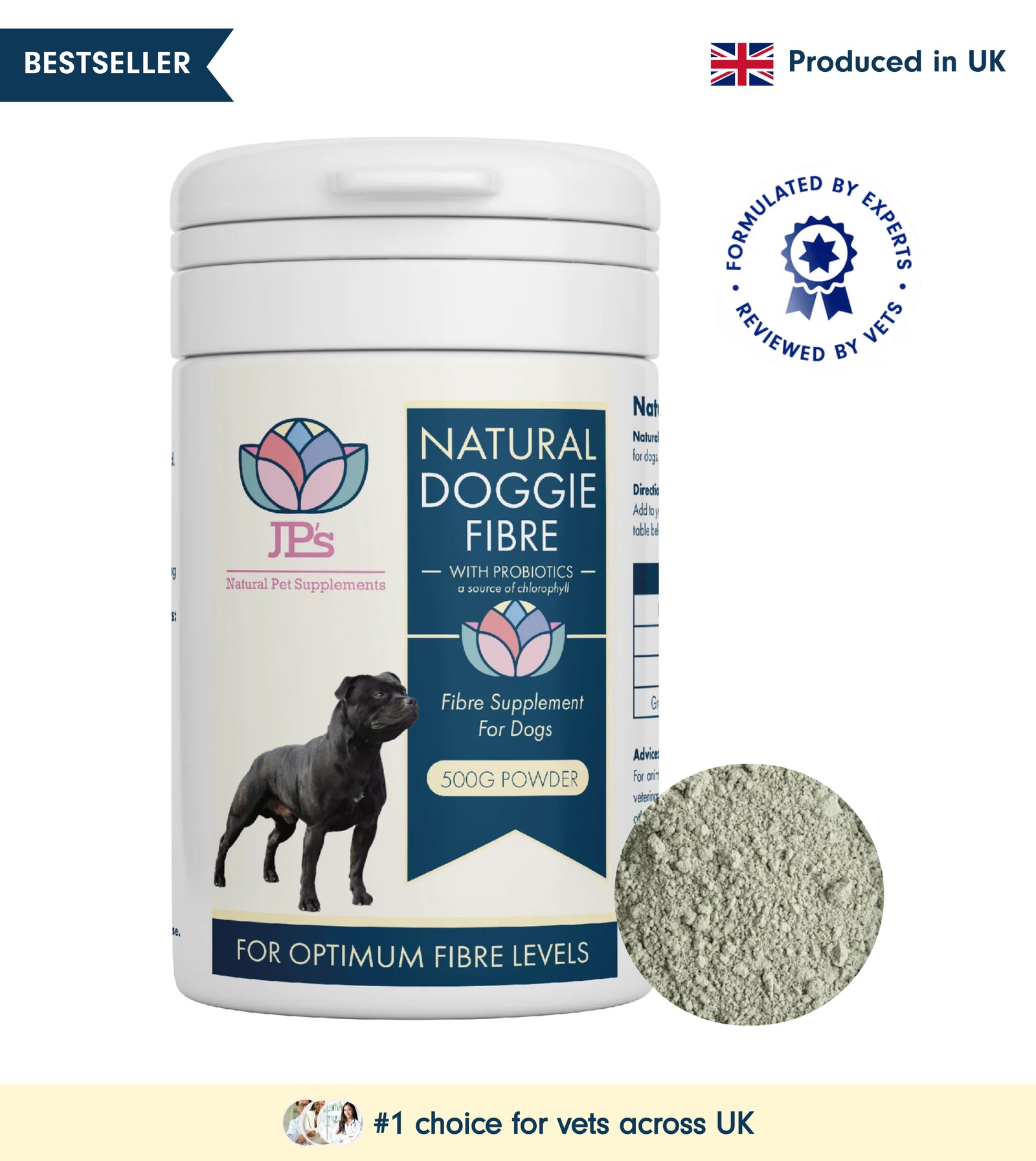
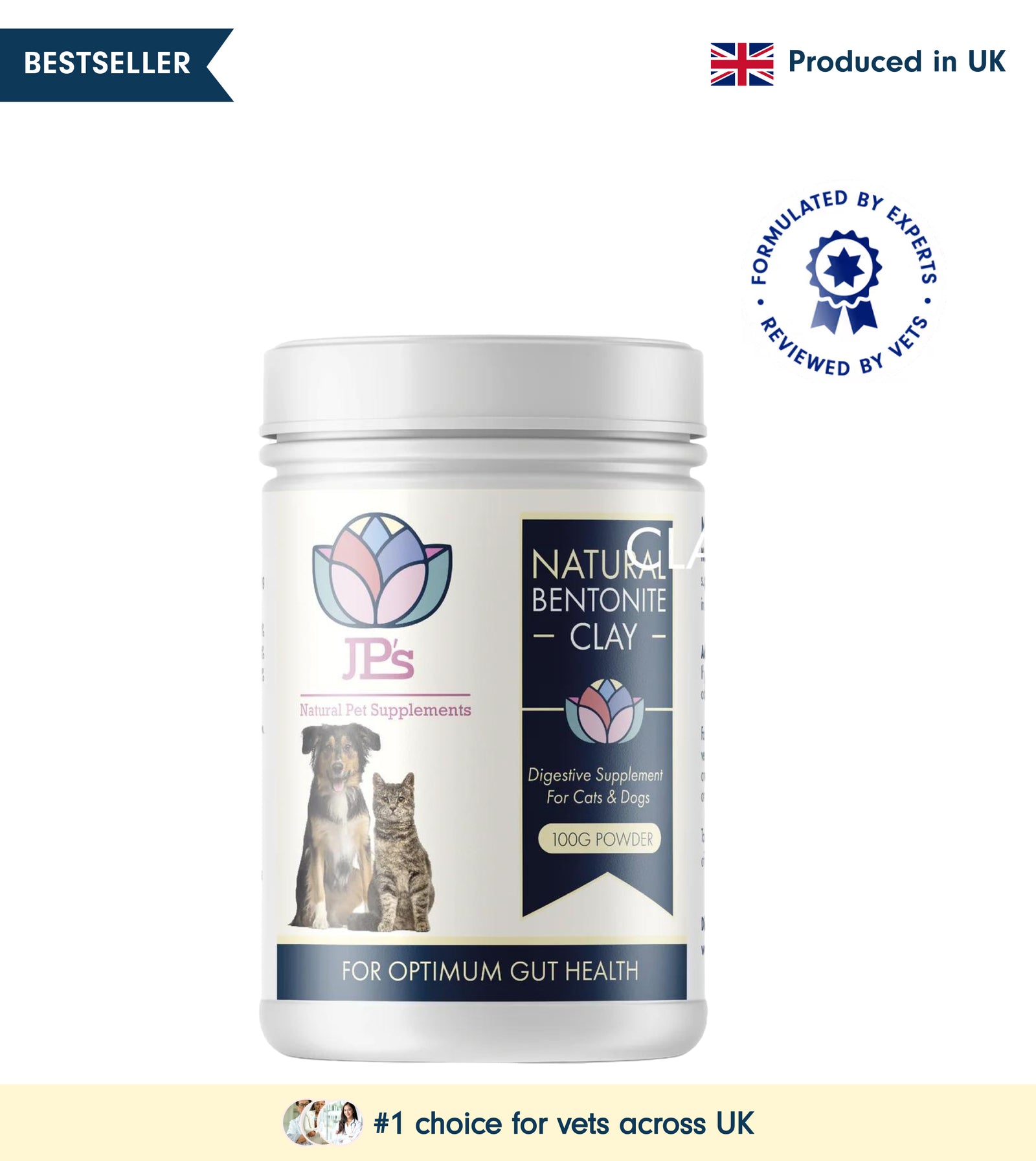
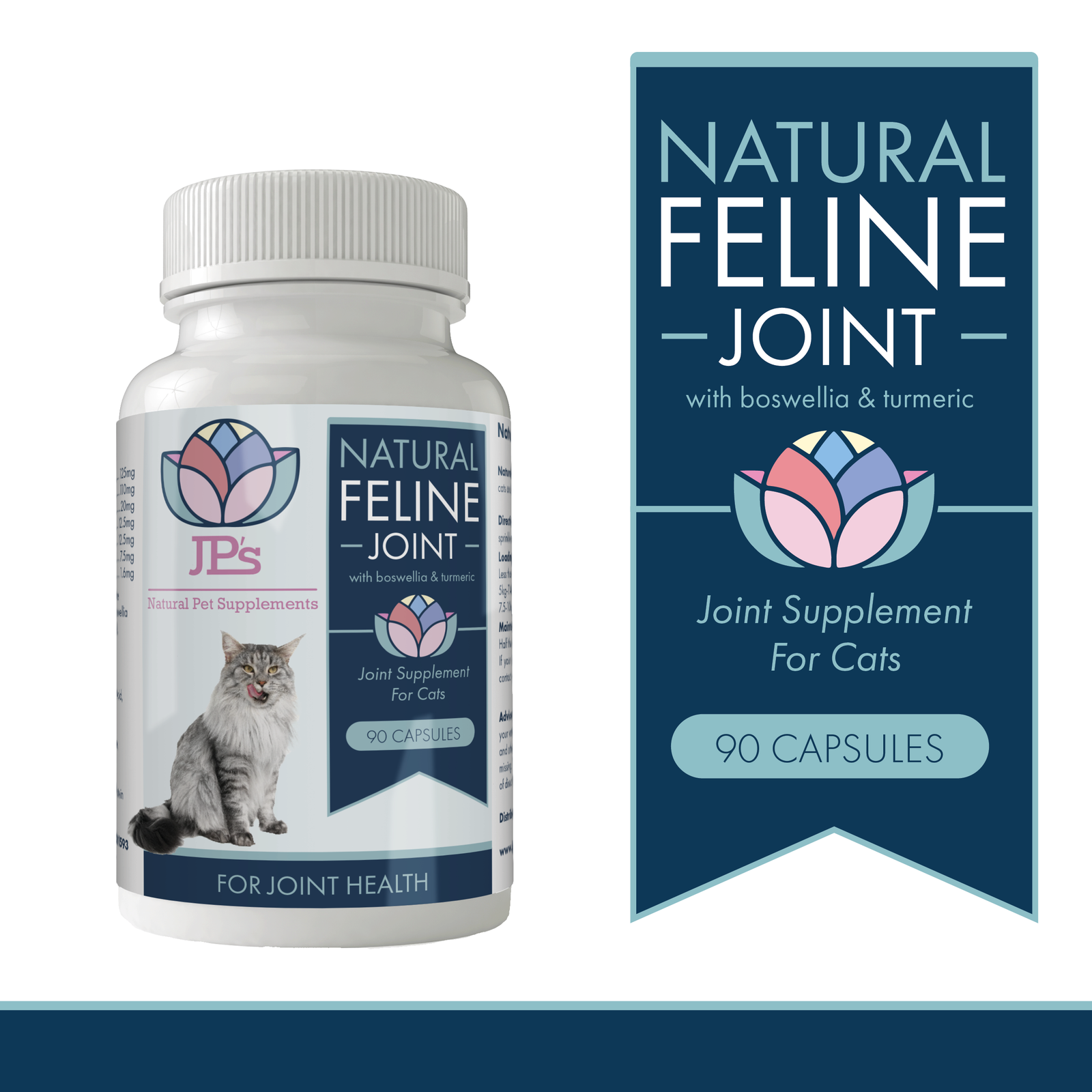
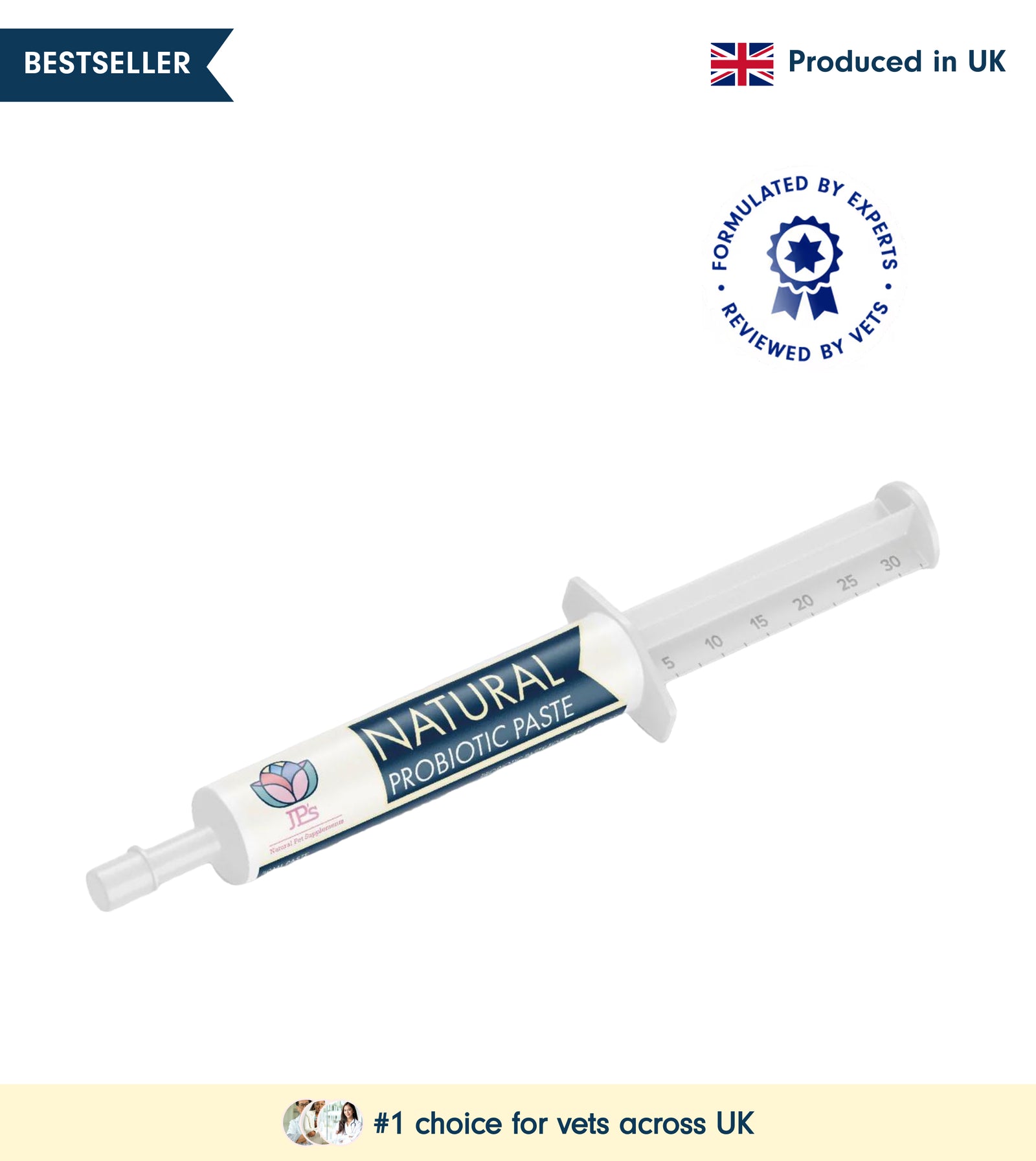
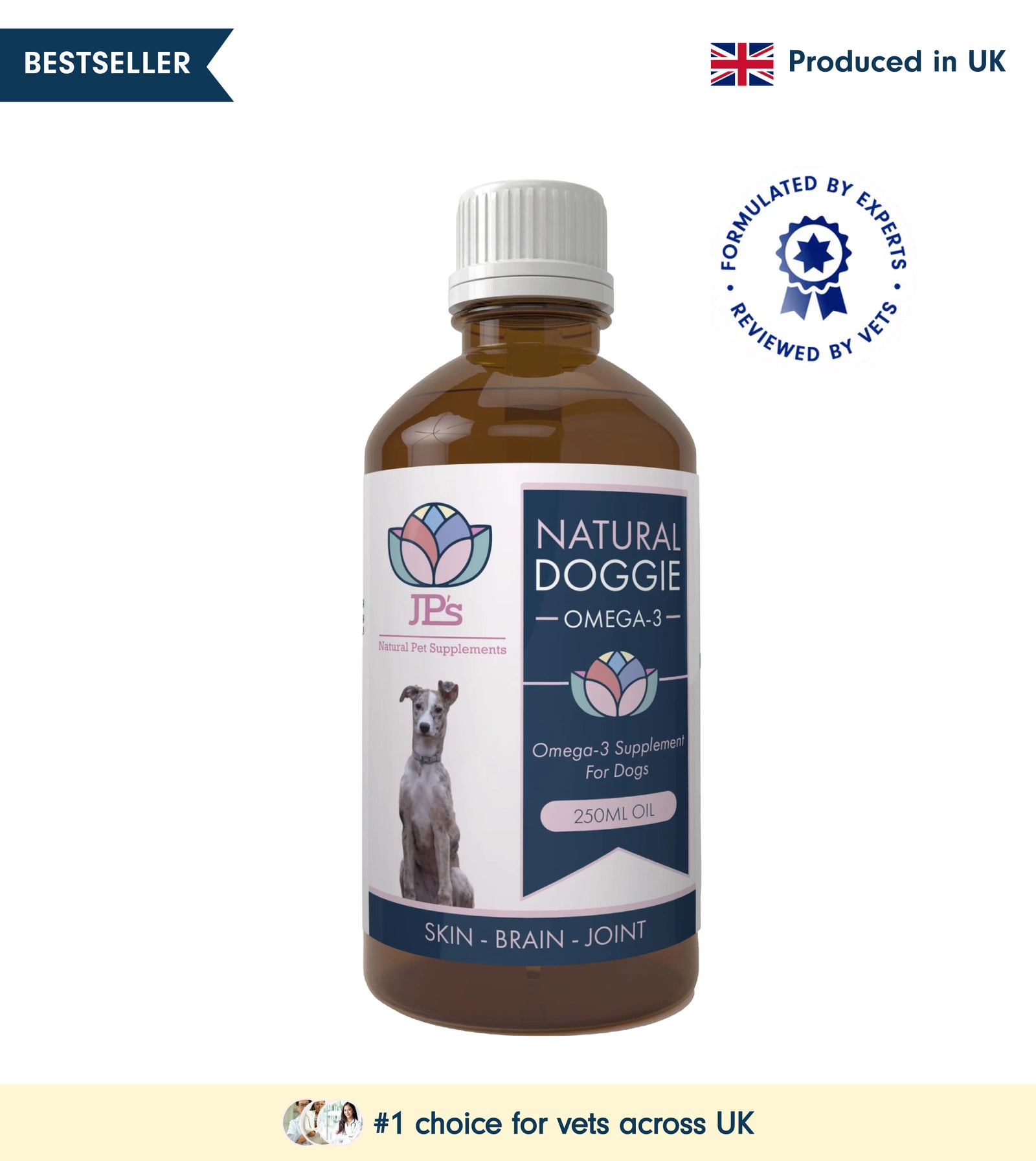
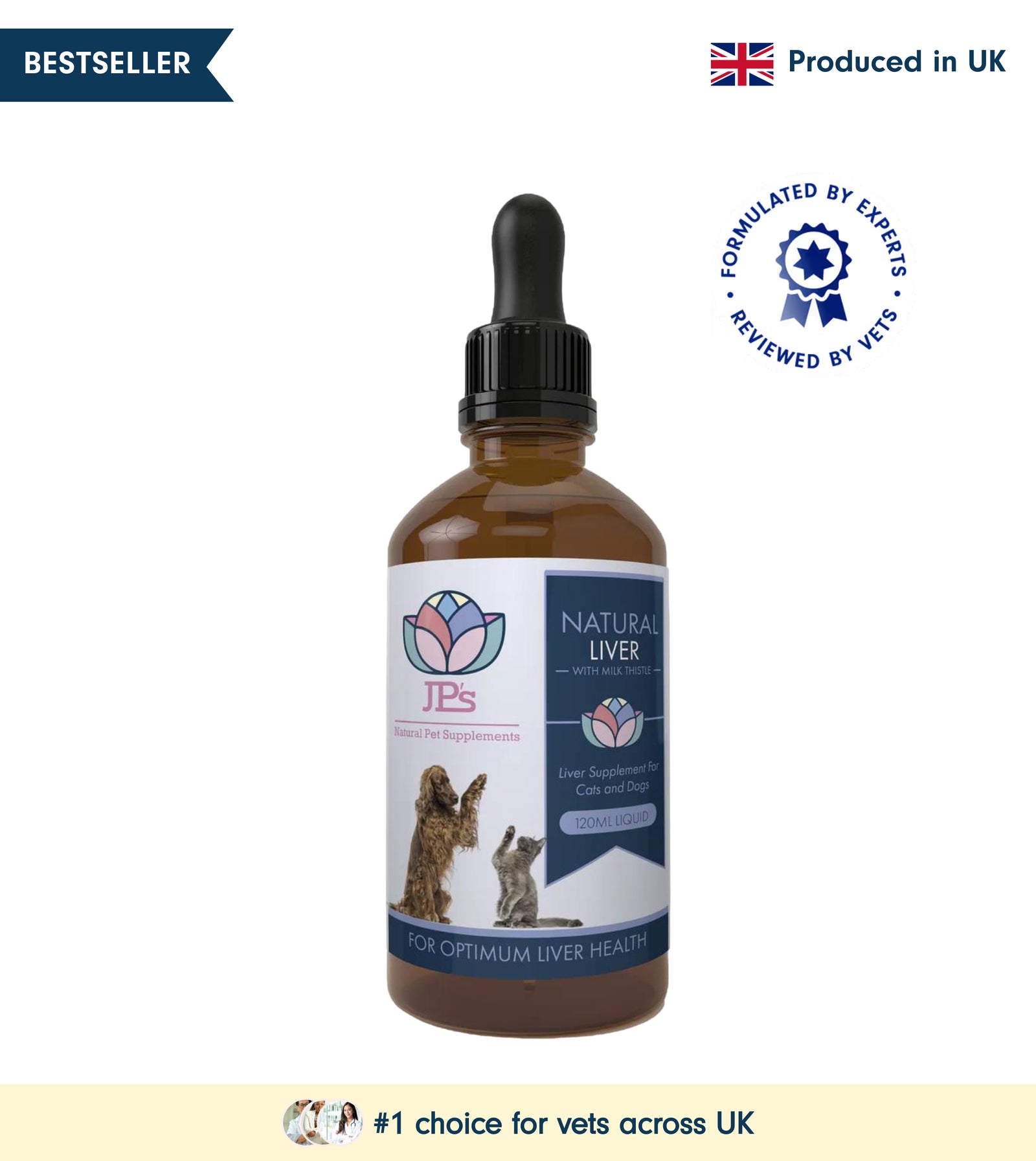
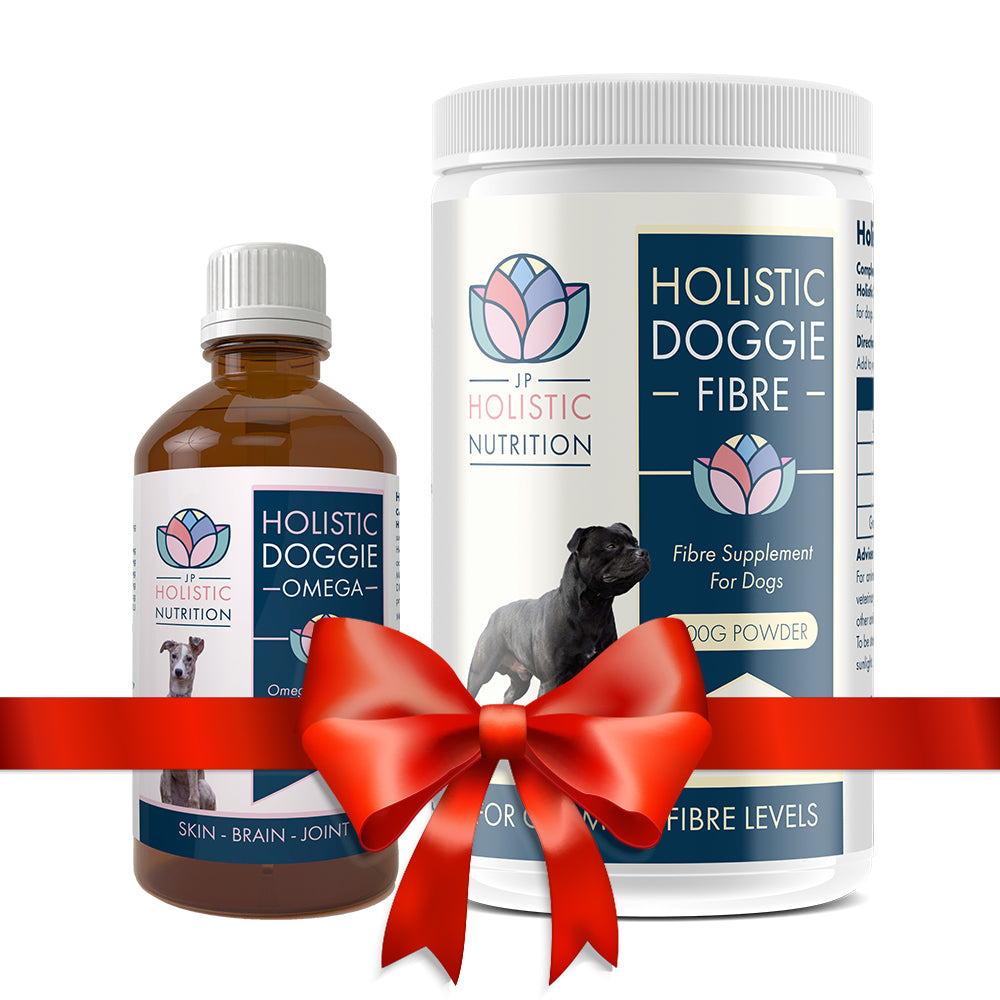
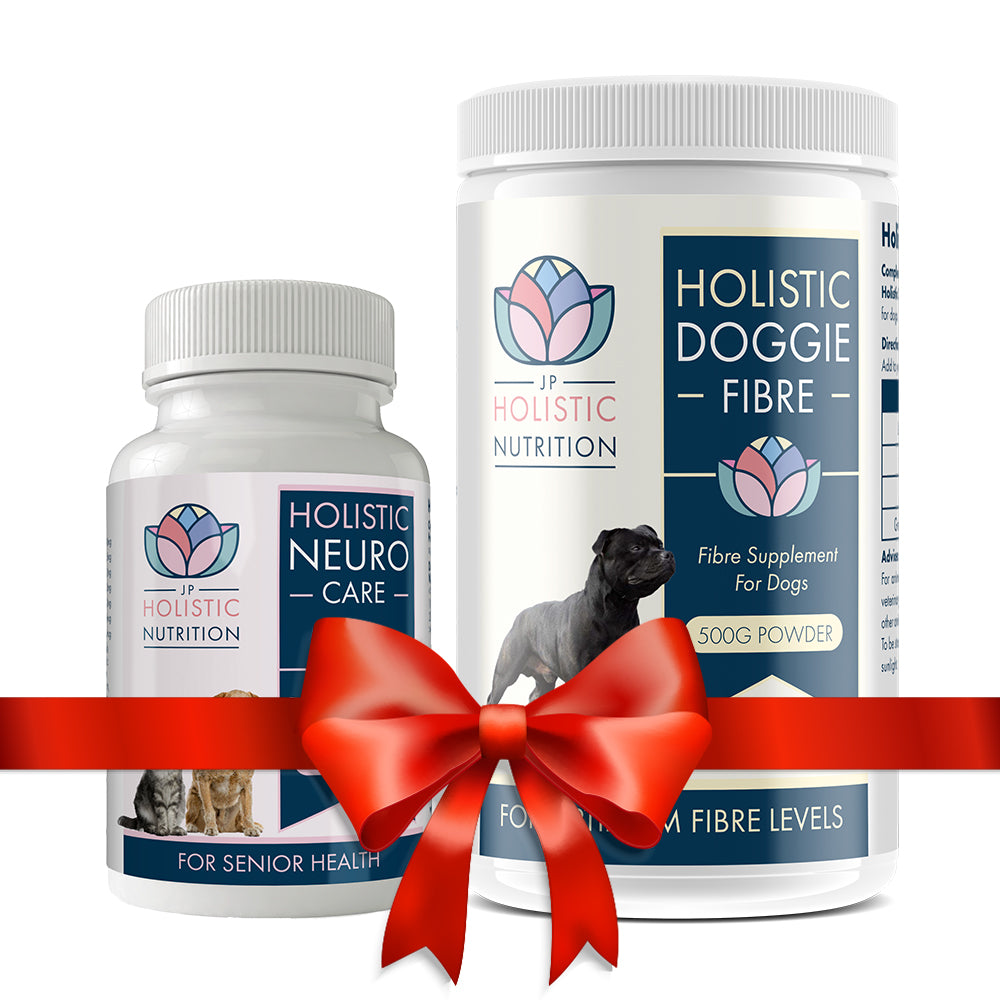
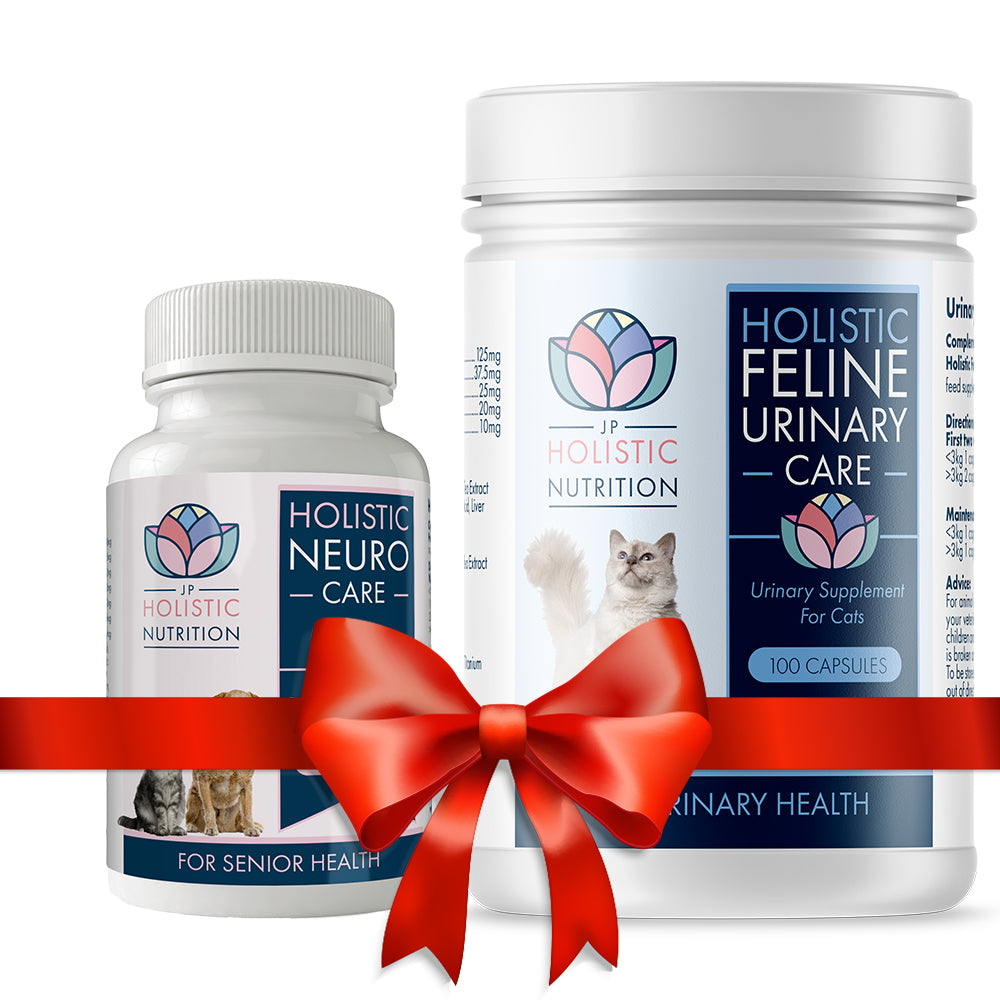
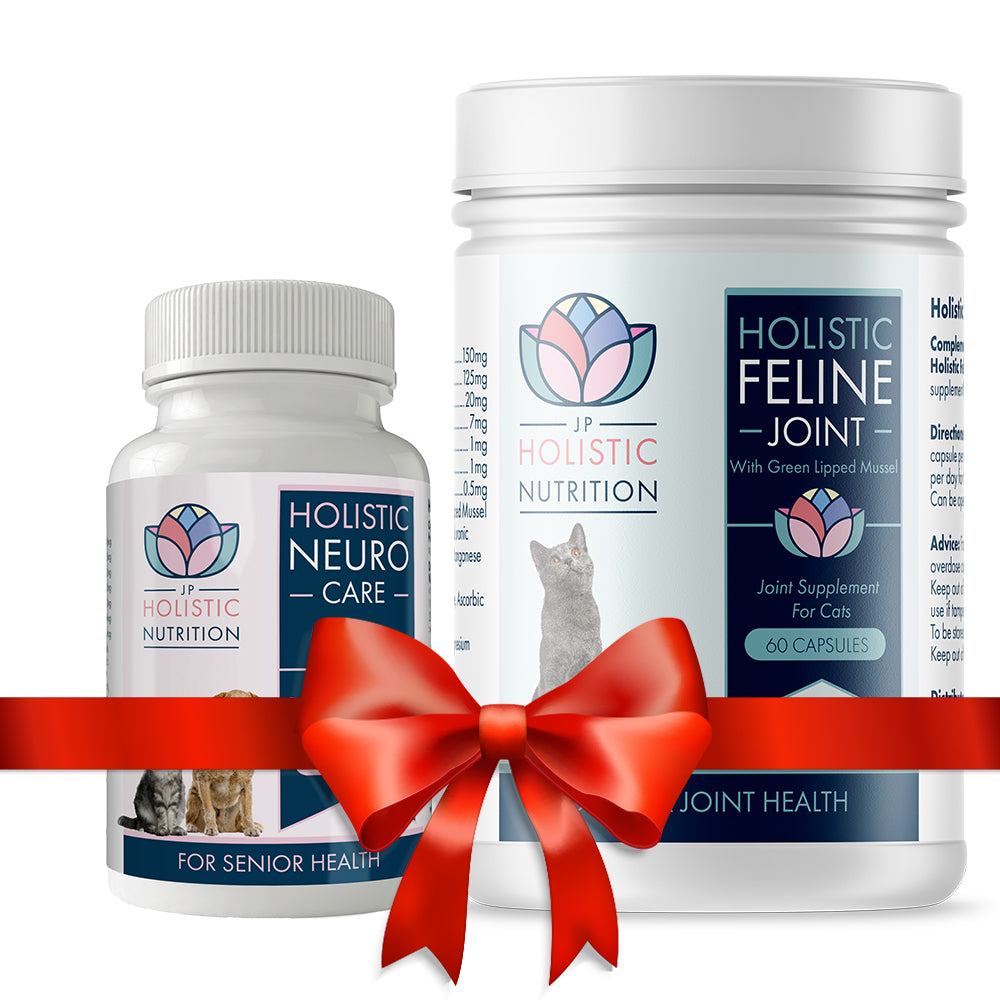







Leave a comment (all fields required)